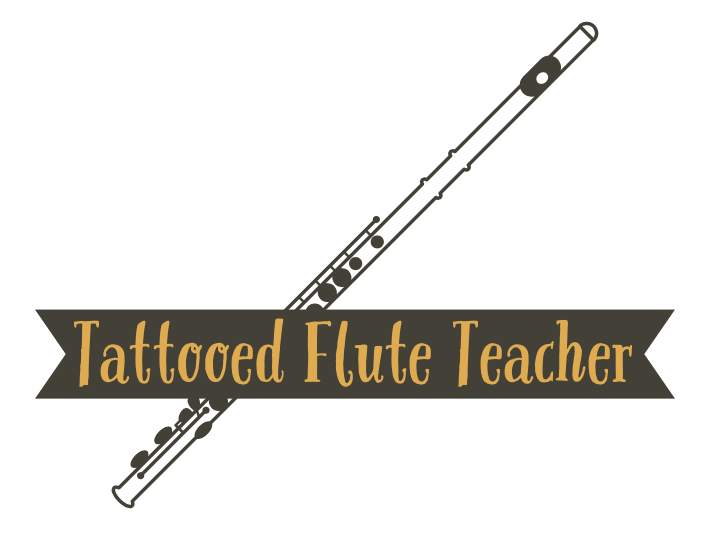Empathy in Music Education: Cultivating Connection Through Mindfulness and Kindness
In the world of music education, teaching is about far more than imparting technical skills or theoretical knowledge. It is about fostering a connection with students that allows them to grow not only as musicians but also as individuals. At the heart of this process lies empathy — the ability to understand and share the feelings of another. When educators approach their students with mindfulness, kindness, curiosity, and empathy, they create an environment where learning can truly flourish.
Why Empathy Matters
Music is inherently emotional, and learning to play an instrument or sing involves vulnerability. Students often confront challenges like performance anxiety, fear of failure, or self-doubt. Without an empathetic teacher, these experiences can feel overwhelming and discouraging.
Empathy helps educators understand their students’ unique perspectives, emotional states, and individual needs. When teachers actively listen and respond with care, students feel supported and valued. This trust enables students to take risks, make mistakes, and ultimately grow as musicians.
The Role of Mindfulness in Music Education
Mindfulness, or the practice of being fully present in the moment, complements empathy by helping teachers tune in to their students’ needs. A mindful approach allows educators to:
Observe students’ physical and emotional cues.
Adapt lessons to meet students where they are.
Create a calm, focused environment that reduces stress and enhances learning.
When educators bring mindfulness into their teaching, they demonstrate a level of presence and patience that encourages students to do the same in their practice and performances.
Kindness as a Teaching Philosophy
Kindness is more than a nicety; it is a powerful teaching tool. Encouraging words, a warm demeanor, and a genuine interest in students’ well-being can have profound effects on their confidence and motivation. By approaching mistakes with kindness rather than criticism, educators model resilience and a growth mindset. Students learn to see challenges not as failures, but as opportunities to learn.
Curiosity: The Gateway to Understanding
Every student brings a unique background, personality, and learning style to the music studio. By cultivating curiosity, educators can explore these differences and tailor their teaching methods to suit each individual. Asking questions like, “What inspires you?” or “How does this piece make you feel?” invites students to share their inner world. This exchange not only deepens the teacher-student connection but also enriches the learning process.
Practical Ways to Teach with Empathy
Active Listening: Take time to listen to students without judgment. Whether they are expressing frustration or excitement, validate their feelings.
Individualized Feedback: Avoid one-size-fits-all approaches. Offer feedback that considers each student’s goals, strengths, and areas for improvement.
Encourage Self-Reflection: Help students explore their own emotions and motivations through journaling, discussions, or mindfulness exercises.
Celebrate Progress: Acknowledge small victories as well as major milestones. This reinforces a sense of accomplishment and builds confidence.
Model Empathy: Share your own experiences as a musician, including struggles and triumphs. This vulnerability can inspire students and show them they are not alone in their journey.
Transforming Music Education Through Empathy
Empathy in music education is not just an ideal; it is a necessity for creating a positive and impactful learning experience. When teachers approach their students with mindfulness, kindness, curiosity, and empathy, they lay the foundation for a lifelong love of music. Moreover, they nurture qualities like resilience, self-awareness, and compassion that extend far beyond the practice room.
By prioritizing empathy, music educators empower their students to not only play beautifully but also to live more enriched, emotionally intelligent lives. This transformative approach ensures that the gift of music resonates far beyond the notes on the page.
Curious about pivoting your teaching strategy to a more empathetic approach? Schedule a consultation below to discuss how I can help you with flute pedagogy!
Interested in taking flute lessons with me? Online flute lessons and San Diego area flute lessons are open to all! Schedule a free consultation below to learn more about joining the studio.

